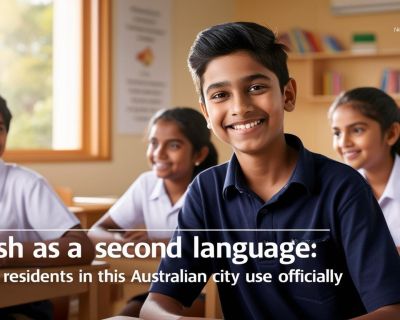Understanding the Recent Visa Policy Changes
For many students aspiring to study abroad, visa policies play a crucial role in shaping their decisions. In recent times, several countries have introduced new regulations, impacting international students’ application processes, financial requirements, and post-study opportunities. Here’s a look at the latest changes in visa policies across top study destinations and how students can navigate these challenges.
Canada: Stricter Regulations for Study Permits
Canada remains a popular destination for international students, but recent changes have made obtaining a study permit more competitive. The Trusted Institutions Framework now classifies universities based on compliance and student support. Additionally, Canada has proposed limiting study permits to 4,37,000 in 2025, which means students must be extra cautious in selecting institutions and ensuring their applications stand out.
United States: Extended OPT for STEM Graduates
The US remains a top choice for higher education, thanks to its Optional Practical Training (OPT) program. The recent extension of OPT for STEM graduates allows students to gain work experience for up to three years after graduation. However, new rules regarding time spent outside the US could impact students who frequently travel during their studies.
United Kingdom: Financial Requirement Changes
The Graduate Route Visa continues to attract students to the UK, allowing them to stay for two years post-graduation to explore career opportunities. However, the UK has recently raised financial requirements for international students and restricted dependent visas, making financial planning more critical than ever.
Australia: Tighter Enrollment and Proof of Funds
Australia is considering capping international student enrollments to better distribute resources. The minimum financial proof requirement has increased to A$29,710, ensuring students are financially prepared for their education and living expenses.
How Students Can Overcome These Challenges
1. Stay Informed
Regularly check official government websites and university portals for updates on visa policies and application requirements.
2. Plan Your Finances Wisely
Understand tuition costs, living expenses, and visa-related financial requirements to avoid last-minute hurdles.
3. Prepare Documents in Advance
Ensure all essential documents—admission letters, financial statements, and identity proofs—are ready before applying for visas.
4. Seek Expert Guidance
Professional assistance can help students choose the best study destination and streamline the visa application process.
How Kandor Can Help
Navigating complex visa policies can be overwhelming, but Kandor simplifies the study abroad journey. Kandor provides real-time updates on immigration changes, visa requirements, and financial planning. With personalized support and AI-driven insights, students can make informed decisions and submit strong applications. Whether you need guidance on visa documentation or expert advice on choosing the right university, Kandor ensures a smooth and stress-free experience.




















